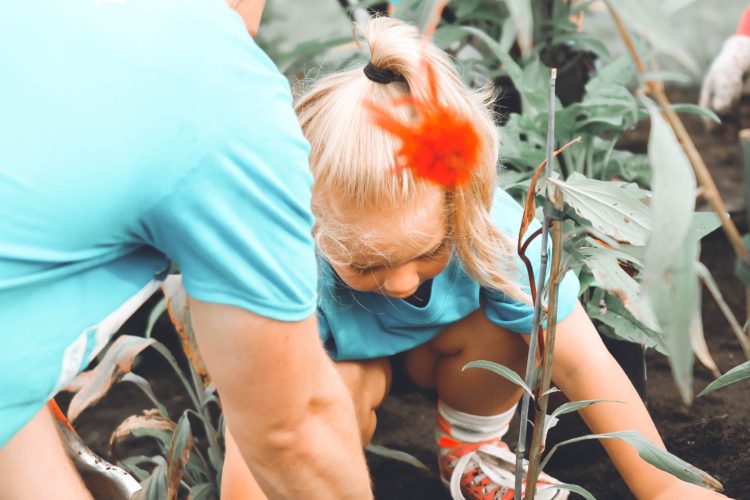In my work with family stewards, I often hear concerns, expressed either directly or indirectly, about the commitment of “the kids” to charitable and philanthropic goals that are important to my clients. Typically, these are folks who have done well, and giving back to others is a core value for them. Sometimes, though, these clients worry about the next generation’s ability or commitment for carrying on what the client hoped would be a family legacy of doing good for others.
It’s a significant issue. By some recent estimates, baby boomers will transfer something like $68 trillion to their heirs over the next 25 years. If that next generation isn’t adequately prepared to make good decisions, it’s hard to calculate the cost of all the squandered opportunities.
Fortunately, there are specific things you can do, even starting when the kids are quite young, to instill the “philanthropy habit.” As the children age, it then becomes easier and more natural to give over more and more responsibility. In other words, you start with donating used toys, and someday they’ll be ready to administer gifts from the family foundation.
Introduce Philanthropy at a Young Age
According to philanthropic advisor Colleen Mitchell of Venture3Philanthropy, it all starts in early childhood with learning empathy for others. Comforting an ill sibling or friend with the gift of a treasured stuffed animal indicates feelings of generosity toward those in need, she says. That impulse is the beginning of the philanthropic mindset, and it can be learned, even by young children, if parents and other caregivers stay alert to possibilities. I know one dad, for example, who has a simple rule for his kids: each Christmas, they must choose one toy — still in good condition — that they will give away to a local shelter or other children’s charity. In this way, they learn to associate the good things they receive with the responsibility for sharing with others.
As kids get older, they can participate in clothing and canned goods drives to benefit various charitable causes. By choosing or buying their own items to donate, they are reinforcing the idea that helping those in need is part and parcel of being a good citizen of the community. For parents and teachers, online resources like LearningToGive.org can provide practical tips, exercises, and even structured activities designed to teach valuable lessons like connecting giving to causes kids already care about, how philanthropy enriches our democracy, community resources for philanthropy, and much more.
Keep the Conversation Going Into Adulthood
As family stewards age, it is typically important to engage in purposeful communication around family philanthropic goals and efforts. Those with higher levels of resources may even want to arrange a meeting with a trusted financial advisor or consultant to discuss estate planning, trusts, donor-advised funds (DAFs), and other matters.
Clear communication with adult children about the importance of philanthropy to aging parents provides the foundation for the understanding of the next generation of family leaders and their commitment to a philanthropic legacy. Often, it will be important for the parents to tell their story to their children in order to convey why charitable causes are so important.
For example, a father who had to struggle to gain an education may feel a deep commitment to providing scholarships for academically gifted but financially challenged students. As he tells of his own struggles and his determination to help alleviate the struggles of others, his children gain a deeper empathy, not only for their father, but also for those he desires to help. In this way, his values become their values, ensuring that the torch is passed on.
If you would like more information about making philanthropy part of your family legacy, or if you have questions about any aspect of charitable giving and how it could relate to your estate plan, please get in touch. I would deeply value the opportunity to help you make your philanthropic goals a lasting benefit to others.
Stay Diversified, Stay YOUR Course!

